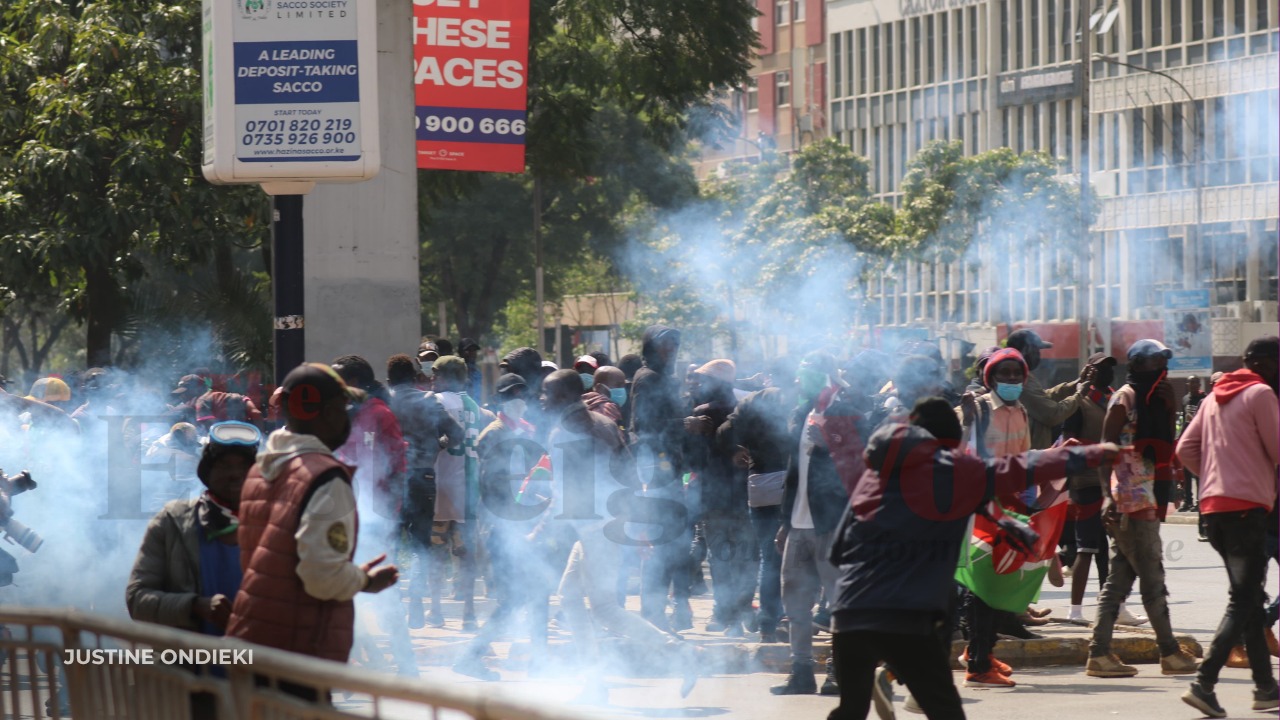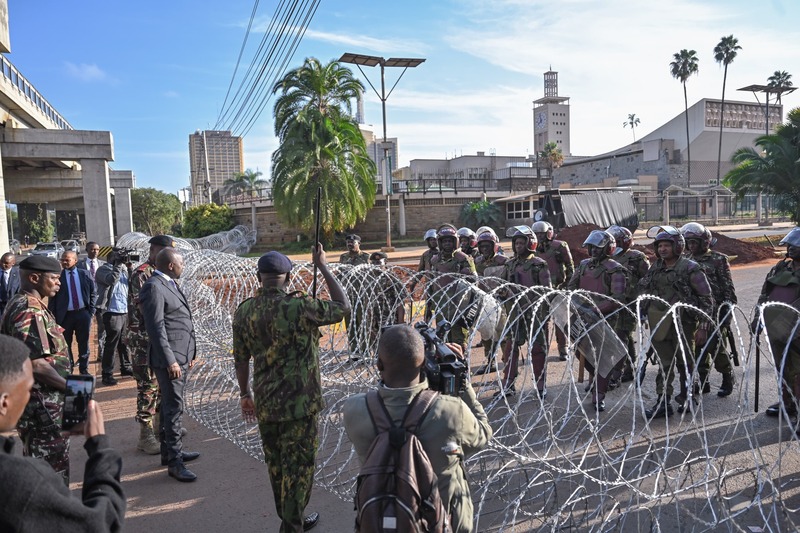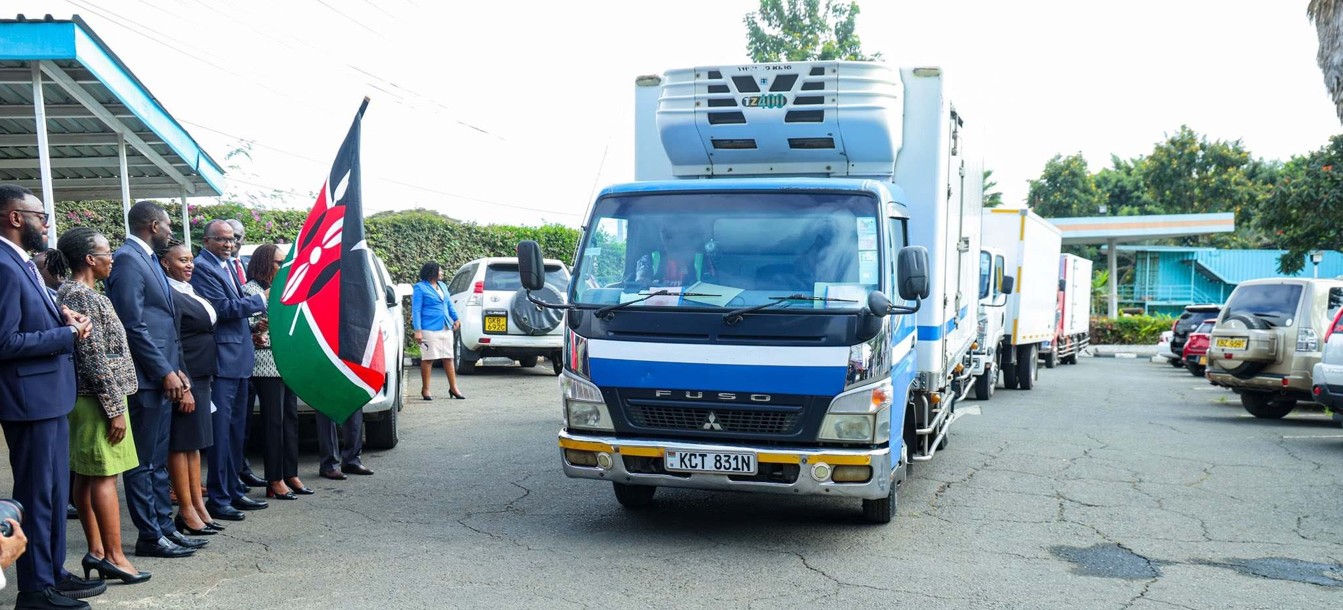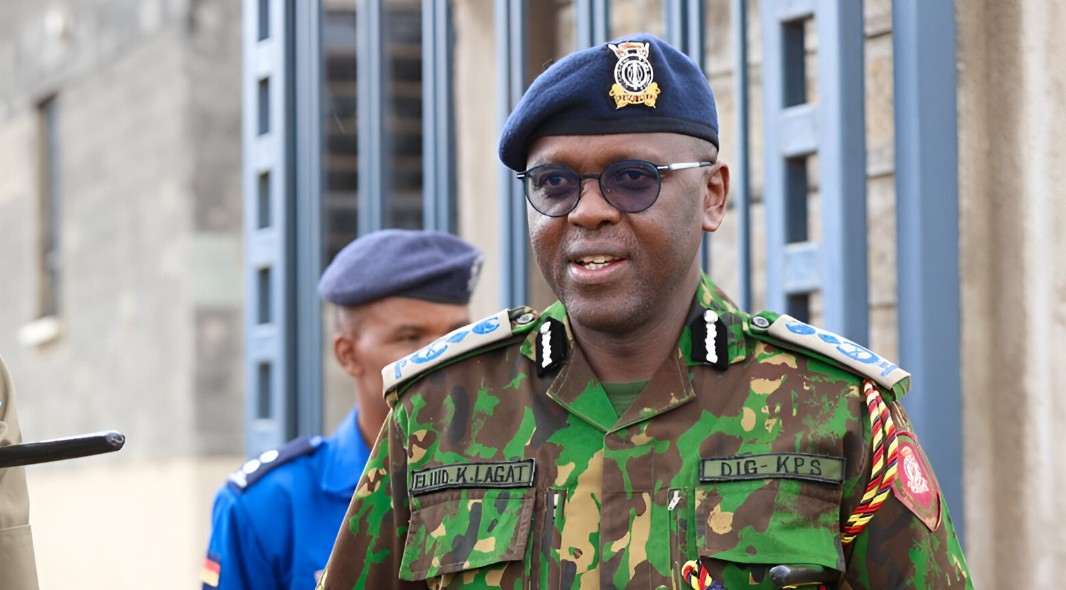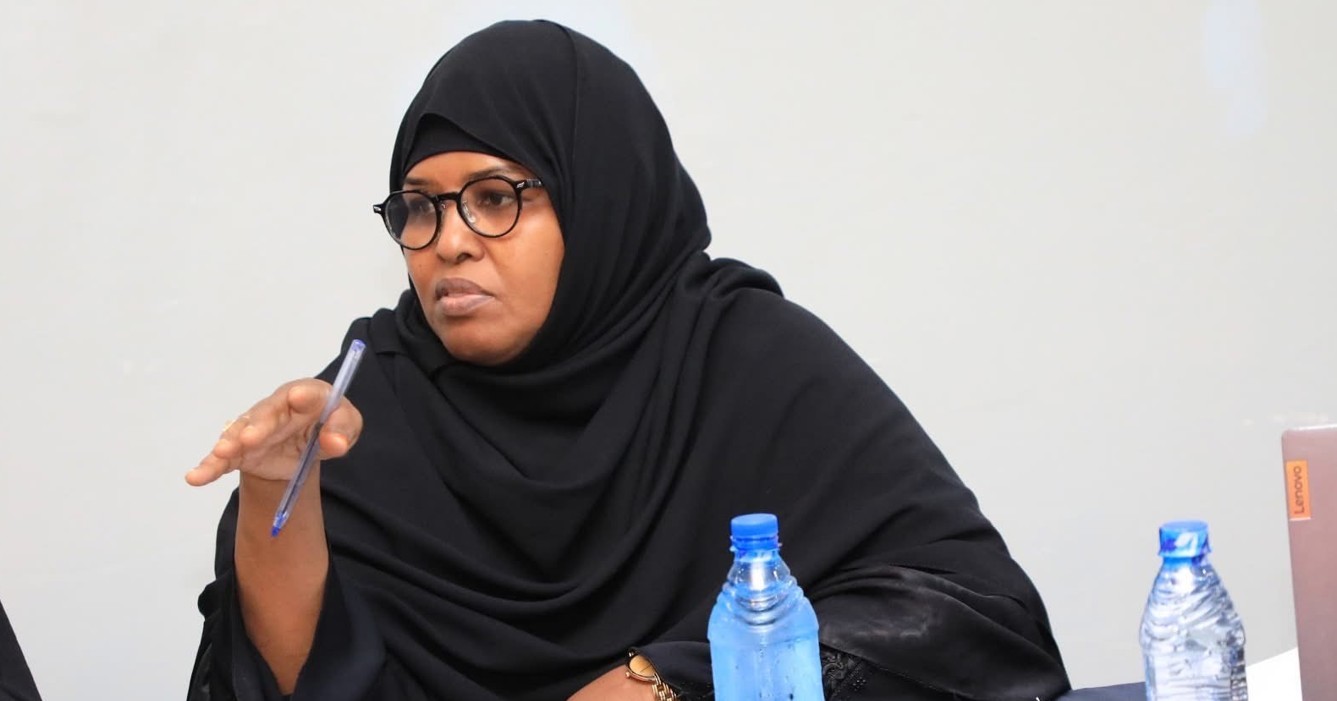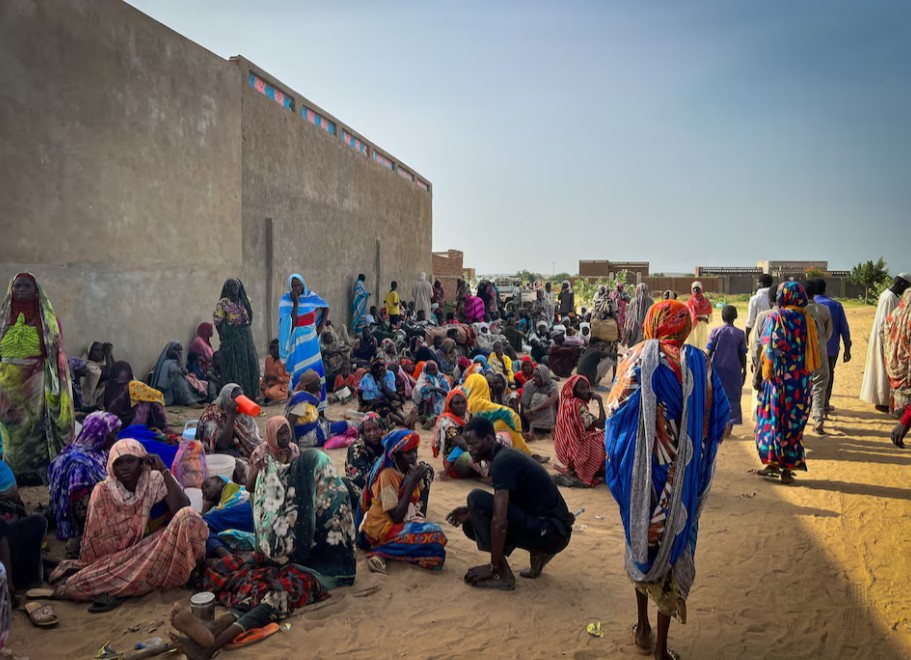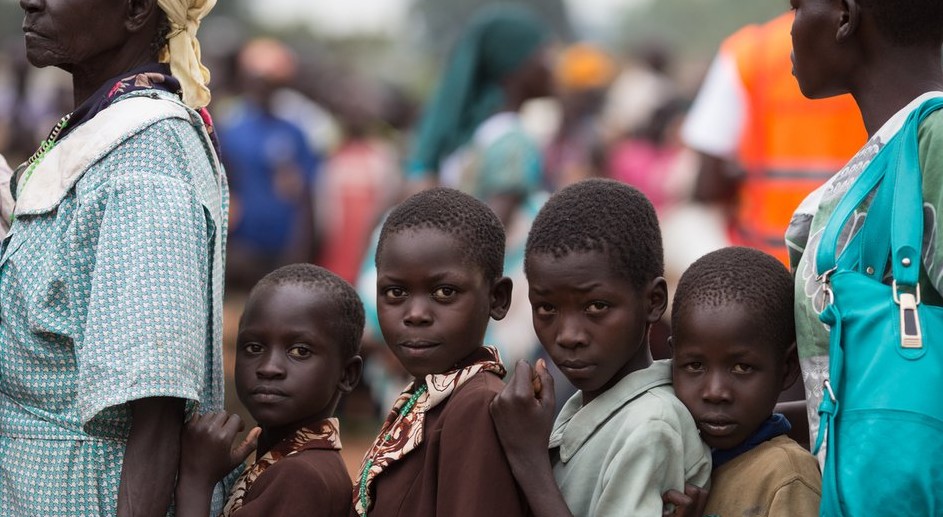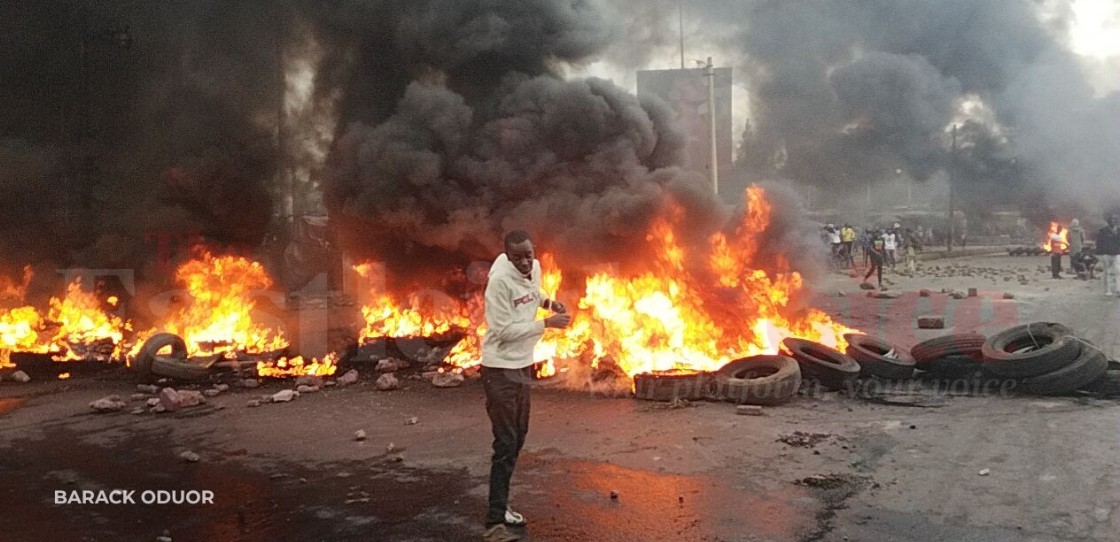How culture of silence fuels gender-based violence in Kenya

The UN’s 2023 Femicide report highlights a significant rise in the number of women and girls killed by close relatives, with Africa recording the highest femicide rate globally.
In Kenya, gender-based violence (GBV) continues to thrive in many communities, driven by a deeply entrenched culture of silence. People often turn a blind eye to the suffering that occurs behind closed doors, assuming that matters within a household are private and not their concern.
This silence has allowed women and children to endure abuse at the hands of those closest to them, with little assistance or intervention.
More To Read
- Mandera stakeholders launch action plan to combat GBV, empower women and girls
- ‘The silence must end': Women senators lead bold campaign against GBV in Mandera
- Sh940m for sanitary towels as state ups GBV, FGM and women empowerment funding
- IJM condemns killing of 17-year-old girl in Kilifi, calls for justice and action against femicide
- Likoni MP Mishi Mboko leads anti-GBV campaign in Mombasa as calls for justice intensify
- Human rights groups condemn government inaction as teenage pregnancies surge in Lamu
One of the most disturbing revelations is that the home, a place where individuals should feel safest, is often the most dangerous. Recent studies indicate that homes are among the most unsafe environments for girls, many of whom fall victim to physical, emotional, or sexual violence.
However, due to societal norms and a lack of open communication, this grim reality remains hidden for far too long.
Women, in particular, face unique challenges. In many communities, young girls are expected to shoulder the responsibilities of adult women—cleaning, fetching water, and performing other domestic duties. These expectations curtail their potential and expose them to various forms of violence and exploitation.
Furthermore, the absence of open dialogue between parents and children about such issues leaves young people vulnerable.
 Wangeci Muturi, psychosocial and GBV coordinator with Nairobi County, noted the surge of GBV cases in the Kamukunji constituency. (Charity Kilei)
Wangeci Muturi, psychosocial and GBV coordinator with Nairobi County, noted the surge of GBV cases in the Kamukunji constituency. (Charity Kilei)
Factors contributing to GBV
At a recent intergenerational community dialogue in Shauri Moyo, organised by Diplomats for Health Resilient Community (DFH_RC) in partnership with the Forum for African Women Educationalists Kenya, residents gathered to discuss ways to combat this widespread issue.
The discussion emphasised the need for active engagement from all sectors of society to protect women and children. Building bridges between communities, institutions, and leaders is vital for ensuring safety and justice.
Participants in the discussion highlighted several critical factors contributing to GBV and femicide, including gender inequality and patriarchy, cultural norms, easy access to explicit content, lack of awareness of reporting mechanisms, delayed justice and poverty.
Kangaroo courts in which family-led systems attempt to resolve issues internally are also highlighted as a contributing factor to concealing abuse.
Solutions proposed during the conversation include: Offering guidance and counselling, creating safer spaces where women can gather, share experiences, and access support, ensuring laws are effectively enforced to deter perpetrators and encouraging communities to participate in education and awareness campaigns addressing GBV.
The discussion also addressed the alarming rise in rape, defilement, and sexual violence cases, often fuelled by substance abuse, permissive cultural attitudes, mental health struggles, and access to pornography. Proposed solutions included increased education and awareness, creating more safe spaces, robust law enforcement, and economic empowerment to break the cycle of abuse.
Wangeci Muturi, who oversees psychosocial support and GBV initiatives under the Nairobi City County Government, expressed grave concern over the escalating GBV cases in Kamukunji. The area has seen targeted GBV services, focusing on addressing technological-facilitated violence that continues to spread online.
According to Muturi, many victims and perpetrators are drawn from informal settlements. Alarmingly, the region has witnessed a surge in sodomy cases over the past three years, particularly affecting boys and intoxicated individuals in Kitui Village. Victims, often aged 10-24, are frequently coerced into risky sexual behaviours, including relationships with multiple partners.
For survivors seeking help, Muturi emphasised the importance of accessing medical care within 24 hours. “If abused, you need to visit a healthcare facility for GBV screening, HIV testing, post-exposure prophylaxis (PEP), pregnancy testing, and other essential services,” she explained.
However, she noted that 80% of GBV perpetrators are known to the survivors, complicating efforts to report and address these crimes.
 A youth presenting on discussion and resolutions and action points achieved. (Charity Kilei)
A youth presenting on discussion and resolutions and action points achieved. (Charity Kilei)
Silence and stigma remain the greatest obstacles to combating GBV. “The culture of silence enables violence to thrive,” says Muturi. She highlighted the need for male engagement forums to challenge harmful behaviours and attitudes.
The community is urged not to ignore or justify acts of violence. Muturi recalled a harrowing case where three girls were raped continuously for three days. “No one is immune to gender-based violence,” she warned, calling for collective action to end the cycle of abuse.
For immediate assistance, the following helplines are available:
1195: GBV Hotline
116: Child Helpline
112: Police Emergency Line
1199: Red Cross
1508: General Emergency
Experts call for an end to the culture of silence and advocate for creation of safer spaces for all. Gender-based violence is a societal issue that demands urgent intervention.
Esther Wagema, a community health worker from Majengo, has observed a troubling rise in cases where children are lured with sweets. She emphasised the urgent need for stronger government measures to protect children from exploitation. “Many perpetrators are within our communities, and it’s important to take care of our children and remain vigilant,” she shared.
Rozoa Asenwa, a GBV survivor, stressed the importance of involving men in combating GBV. “I left my home when the violence escalated, but due to a lack of economic independence, I had to return for my children’s sake,” she explained.
She called for greater awareness of the various forms of GBV, including emotional and economic abuse, which often go unnoticed.
Edwin Michieki, from Diplomats for Health Resilience, acknowledged gaps in law enforcement. “Many cases remain unresolved due to delays in the justice system. It’s crucial for law enforcement to act promptly,” he said.
On Tuesday, national government administrators, alongside various non-state actors, reaffirmed their commitment to combating GBV in Nairobi’s Kamukunji Constituency.
Recent data from the National Police Service reveals that at least 97 women were killed in the past three months. A United Nations report shows that, on average, a woman or girl is killed every 10 minutes, often by intimate partners or family members.
The UN’s 2023 Femicide report highlights a significant rise in the number of women and girls killed by close relatives, with Africa recording the highest femicide rate globally.
Top Stories Today
Reader Comments
Trending

